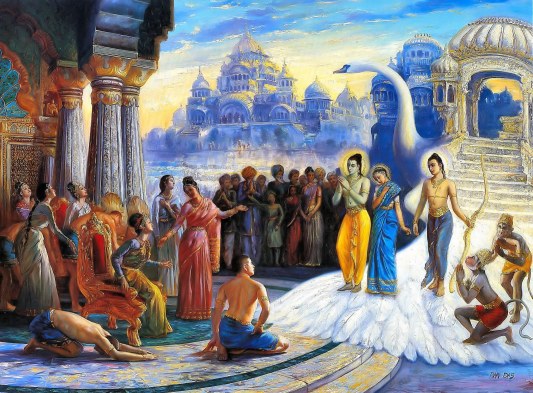JNU episode and Kanhaiya’ s arrest due to sloganeering anti-national slogans from the campus and the subsequent jumping of ruling party and opposition party in the bandwagon to earn some browny political points is a stark indicator of politicisation of our academic institutions. Politicisation at what cost? Politicisaion of what nature? and Politicisation for whom? The ultimate measure of this politicisation exercise should address the question whether it is leading to nation building, is it helping achieving the objective of the organisation/institution which is politicised? In this backdrop,if one thinks about the institutions- be it the university, be it the PSUs (with unions affiliated to political parties), be it Panchayatiraj institutions right from the Gram Sabha to Zilla Parishad, I am afraid, there is a big No. Than why on the name of democracy, we allow these institutions to be politicised, misused, abused, proliferate and create nuisance, raucous, anarchy, corruption, dadagiri etc,. There has been so much erosion in our polity that people hate politics and politicians from the core of their heart and yet participate in the political process during elections to save and strengthen democracy and in the hope that the process will improve and outcome will improve and there will be sanity in the system.
Universities are meant for strengthening of academics and research and student unions as a part of the institution are supposed to create the culture of academics and research, ensure classes happen, truant teacher if any do come and take classes, students do come and attend classes properly. Barring a few, I am afraid, it is the other way round. I hear from a large student comunity particularly from UP, Bihar,MP, Rajasthan etc, who come to do their PGDM with us that they did not attend classes at all in their B.Com, BA etc programs. Why student leaders speak to the vice chancellor and the students to ensure that classes take place. There are some universities which are exceptions to this. What is the research record of our universities? Very poor to say the least. What is the standing of our universities? Absolutely pathetic. Student leaders in majortiy of the cases act like hooligans more than civil leaders.
What about the Panchayati Raj institutions(PRIs). Right from the Gram Sabha to Zilla Parishad, elections happen, huge money is distributed, liquor and meat is served, parties are hosted, voters from distant parts of the country are transported on the Gram Sabha Sabhapati’s election day, voters are bribed. Obviously Gram Sabhapati and his cronies corner huge amount of money to be spent on development schemes. village communities are divided by their political affiliations and harmony and cooperation has gone to the winds. Thanks to the democracy, the MLAs and MPs elections are big ticket rackets. Do we want this kind of a politicisation of PRIs.
We have seen enough “Tamasha” in the Lok Sabha, Rajya Sabha and State Assemblies day in day out. We have seen very unfortunte, uncivil, outrageous statements day in day out at all levels of our democracy by our polticial leaders. Do not ruin this great democracy, the architects of whom, were great selfless patriots who used to respect each other and were wedded to great virtue of discipline. In retrospect, we need to think, whether the elections of PRIs and University/colleges on political party lines should continue particulary when political rivalry has been at its worst and there is a great danger to the harmony and sanity of these institutions due to this political process which has in no way has achieved the desired objectives.
Chandan Adhikari
Dec. 19, 2016



